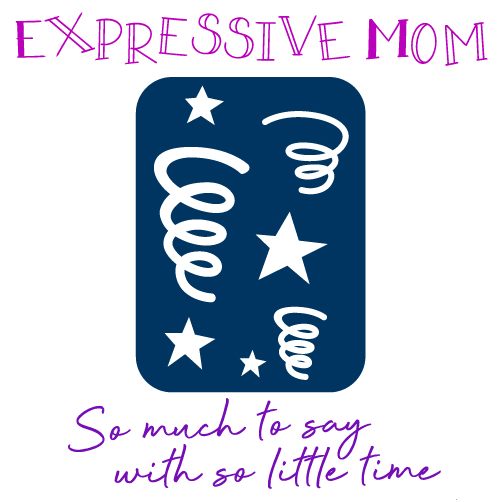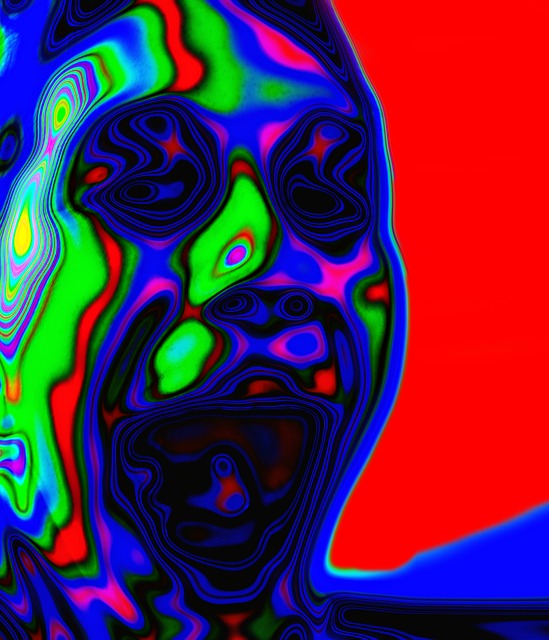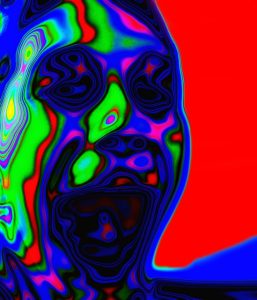The key to understanding how cocaine affects the brain is learning how small-scale chemicals in brain cells can affect large-scale systems of the mind.
Communication in the Brain
The human brain is composed of between 19 and 23 billion cells called “neurons”. While all cells in the body communicate with one another, What is unique about neurons is the rapid and coordinated way in which they share information.
The first thing to note about neurons is the different structures which function as input and output. When a neuron gets stimulated, an electrical signal passes through the cell body. When the signal gets to the end of the cell (the synapse) it stimulates the release of chemicals called neurotransmitters. These neurotransmitters move through a tiny space between two neighboring neurons (the synaptic cleft), and are captured by neuroreceptors on the next cell in the chain. Once the neuroreceptors bind with neurotransmitters, the next cell is stimulated and sends an electrical signal through its body, ultimately releasing its own neurotransmitters, which stimulate the next cell in the chain, and so on.
Networks of Neurons
The key is that the brain is organized into distinct functional units (called modules) which are dedicated to performing a particular task. For example, there are modules dedicated to:
– Facial recognition
– Detecting movement
– Stimulating fear
– Storing memories
– Experiencing pleasure
While there are many different systems like this in the brain, they do not all run on the same neurotransmitters. Rather, different transmitters play unique roles in the functioning of these systems. For example, neurotransmitters such as GABA, norepinephrine, serotonin, and dopamine each work in particular circuits but not others. The trick to understanding how drugs work in the brain is seeing that messing with the balance and transmission of these chemicals can affect the mental processes which these circuits perform.
Cocaine disrupts the functioning of certain mental processes by changing the way in which dopamine is transmitted between the neurons that cooperate to perform those tasks. In normal transmission, the neurotransmitters that get released are either broken down or reabsorbed by the neuron which originally released them after the signal has been sent. This “resets” the neuron and prepares it to fire again.
In the case of dopamine, there are little chemical pumps which usually reabsorb it once it has been released. When cocaine is ingested and carried into the brain, it effectively blocks these pumps from reabsorbing the dopamine floating between the neurons. This means that there is above-average levels of dopamine remaining in the synaptic cleft between the neurons. The result of this is an increased level of firing by the neurons that are bathed in the excess dopamine.
Cocaine, Dopamine, and the Mind
But why does cocaine make people feel euphoric and excited? The reason is that the circuits which are powered by the dopamine neurotransmitter are responsible for causing many positive emotions. For example, when we eat a food high in sugar or have a positive social interaction, our brain releases dopamine, and this causes us to experience feelings of joy and happiness. For this reason the dopamine circuit is described as the brain’s “reward system”. When cocaine blocks dopamine from being reabsorbed, it stimulates the reward system, thereby inducing above-normal feelings of pleasure and euphoria.
While that may sound just fine, it has serious downsides. In the first place, once the cocaine is broken down and no longer affects the brain, the dopamine is reabsorbed and the reward system gets turned off. This results in a very abrupt emotional “crash” which is quite unpleasant. Furthermore, prolonged use of cocaine damages the communication system between the neurons. When this happens, it becomes increasingly difficult to experience pleasure and happiness. This leads to dependence on the drug, and continual cycles of crashes and sustained damage to the system.
Author Bio:
Marilyn Kegley works with Choices Recovery to educate individuals about the effects, dangers and treatment of abuse problems to substances such as cocaine, heroin, alcohol, painkillers, and many others. After watching numerous loved ones struggle with substance abuse, her goal is to help as many people as possible win their battles with addiction. To learn more about cocaine addiction please visit: http://crehab.org/addictions/cocaine-addiction/




Connect With Me !